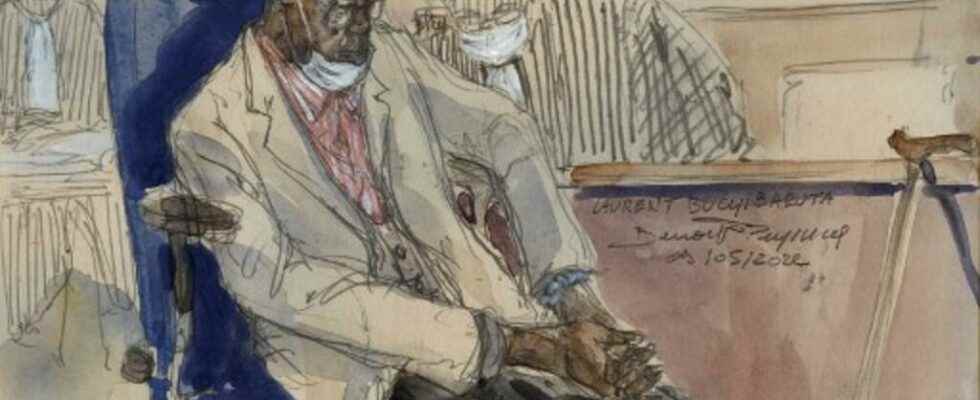Second day of trial in Paris for the former Rwandan prefect, prosecuted for his alleged participation in the genocide of Tutsis in 1994. On Tuesday, he continued to proclaim his innocence while experts looked into his psychological profile.
With our special correspondent at the Paris Assize Court, Pierre Firtion
This Tuesday morning, the magistrates listed all the witnesses who will be brought to testify during the two months of hearing. The president of the court and the magistrates then read the introductory report, a long summary of the charges against the accused. The court then turned to his personality.
It was then that Laurent Bucyibaruta was able to express himself. ” Thank you, Mr President, for giving me the floor. “. After having listened in silence to the facts of which he was accused, the accused delivers his first words in the middle of the afternoon. Sick, he was allowed to sit on a chair to express himself.
Asked by the president of the court about his personality, Laurent Bucyibaruta tells his personal story, his birth in 1944 in Musange, his brothers and sisters, his professional career. He sometimes speaks with difficulty, his voice is quavering when he talks about his parents, who are long gone.
No particular pathology
An expert, who drew up his psychological profile 20 years ago, depicts a “ perfectly normal man », intelligent, endowed with an ethical sense. A man who does not present any particular pathology, very meticulous, who likes to be in control… but who victimizes himself.
► To read also: Genocide of the Tutsis: Laurent Bucyibaruta fit to be tried according to the court
One of the defendant’s lawyers intervenes: an innocent who says I am innocent, does he victimize himself ? “, he asks, before deciding:” he proclaims his innocence “. The expert psychologist also points to the lack of emotional fiber of the accused during the expertise.
” We can’t always be crying defends Laurent Bucyibaruta, who quotes a Rwandan proverb: A man’s tears flow inside “. This means, he explains, that we can have emotions, but not express them permanently “.
